Mazz Swift - The 10000 Things: Praise Songs for the iRiligious (2024) [Hi-Res]
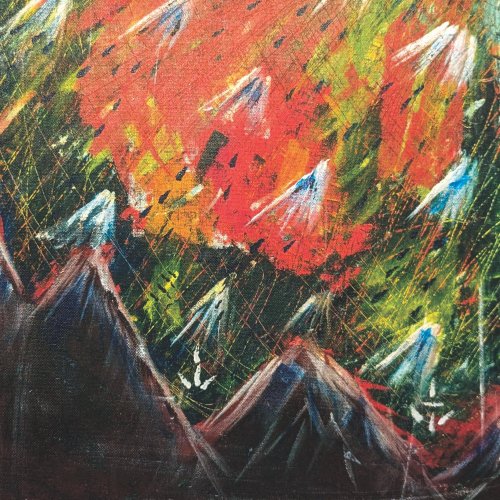
Artist: Mazz Swift
Title: The 10000 Things: Praise Songs for the iRiligious
Year Of Release: 2024
Label: New Amsterdam
Genre: Electronic, Alternative, Contemporary Jazz
Quality: FLAC (tracks) / 24bit-48kHz FLAC (tracks)
Total Time: 40:32
Total Size: 230 / 469 MB
WebSite: Album Preview
Tracklist:Title: The 10000 Things: Praise Songs for the iRiligious
Year Of Release: 2024
Label: New Amsterdam
Genre: Electronic, Alternative, Contemporary Jazz
Quality: FLAC (tracks) / 24bit-48kHz FLAC (tracks)
Total Time: 40:32
Total Size: 230 / 469 MB
WebSite: Album Preview
1. No More (4:48)
2. SomeDay School (5:57)
3. Eye Woke Up / O Brother (3:55)
4. Freedom House (7:37)
5. Hidden in Plain Sight (2:45)
6. Alabamy (2:59)
7. Don'l Know-Dis...? (2:46)
8. BLVK Meditation (4:02)
9. New Anthem (5:47)
On Friday, May 24, 2024, Mazz Swift, the composer, conductor, bandleader, educator, singer, and Juilliard-trained violinist who weaves classic African-American musics, electronica, and mindfulness into their music, releases their debut solo album The 10000 Things: PRAISE SONGS for the iRiligious via New Amsterdam Records.
The 10000 Things: PRAISE SONGS for the iRiligious is influenced by Swift’s personal relationship with the Ghanaian concept of Sankofa (“to go back and fetch it”), which Swift explains as “looking to the past in order to be able to move forward. Grounding in Who You Are. If you think of me as an arrow, Sakofa is the action of pulling back the bow. The adinkra symbol for the concept is a bird carrying a seed (or precious egg) in its mouth, head turned to look backward, while the feet face forward.”
The Work Songs and Spirituals of the enslaved people that Swift uses as jumping-off points for improvisation and composition serve to connect with their musical ancestors, creating a work that lives in the present moment while acknowledging the past and pushing their sonic palette towards the future. The 10000 Things is densely produced with synths, electronic percussion, experimental electronics, powerfully wailing violin improvisations, and commanding vocals which all come together to create a work that is deeply moving and sonically explorative, yet rooted deeply in tradition.
“Connection to ancestors is complex for Black Americans since there are often not a lot of records for the progeny of enslaved people to reference” Swift says, “so learning slave songs and spirituals is a way to get in touch with my ancestry.” Through the practice of Sankofa, Swift is able to recontextualize these folk songs through the lens of heavy improvisation and experimentation as they explore their role as “a nexus between past and future.”
“We’re constantly having to restore our humanity and that is a huge drive for me to talk about Black Music and giving people the credit that they’re due because it’s so easy to take from people that you don’t really consider fully human. I’m always trying to re-expose the dignity of the people whose music we borrow all the time and to connect that music with the people themselves.”
The 10000 Things: PRAISE SONGS for the iRiligious is influenced by Swift’s personal relationship with the Ghanaian concept of Sankofa (“to go back and fetch it”), which Swift explains as “looking to the past in order to be able to move forward. Grounding in Who You Are. If you think of me as an arrow, Sakofa is the action of pulling back the bow. The adinkra symbol for the concept is a bird carrying a seed (or precious egg) in its mouth, head turned to look backward, while the feet face forward.”
The Work Songs and Spirituals of the enslaved people that Swift uses as jumping-off points for improvisation and composition serve to connect with their musical ancestors, creating a work that lives in the present moment while acknowledging the past and pushing their sonic palette towards the future. The 10000 Things is densely produced with synths, electronic percussion, experimental electronics, powerfully wailing violin improvisations, and commanding vocals which all come together to create a work that is deeply moving and sonically explorative, yet rooted deeply in tradition.
“Connection to ancestors is complex for Black Americans since there are often not a lot of records for the progeny of enslaved people to reference” Swift says, “so learning slave songs and spirituals is a way to get in touch with my ancestry.” Through the practice of Sankofa, Swift is able to recontextualize these folk songs through the lens of heavy improvisation and experimentation as they explore their role as “a nexus between past and future.”
“We’re constantly having to restore our humanity and that is a huge drive for me to talk about Black Music and giving people the credit that they’re due because it’s so easy to take from people that you don’t really consider fully human. I’m always trying to re-expose the dignity of the people whose music we borrow all the time and to connect that music with the people themselves.”
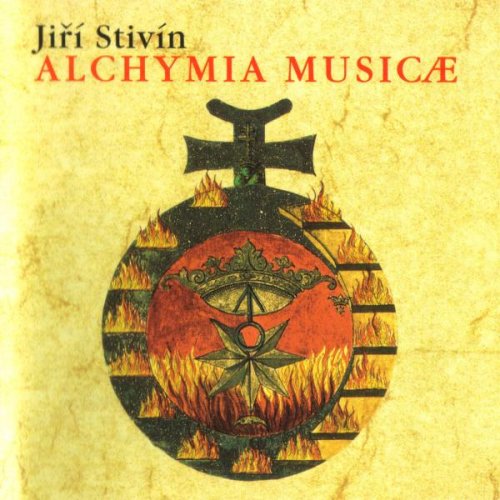
![Mezzoforte - Volcanic (2010) [Hi-Res] Mezzoforte - Volcanic (2010) [Hi-Res]](https://www.dibpic.com/uploads/posts/2019-12/1577324874_folder.jpg)

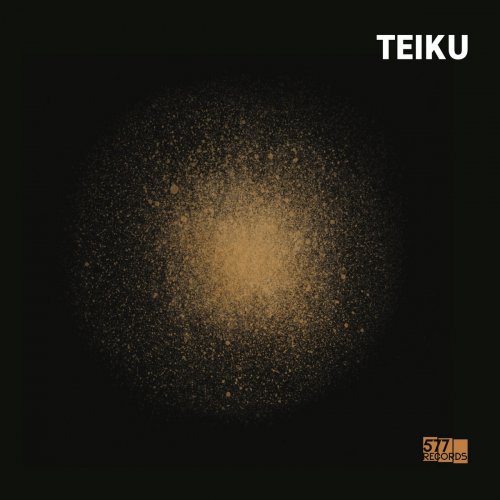
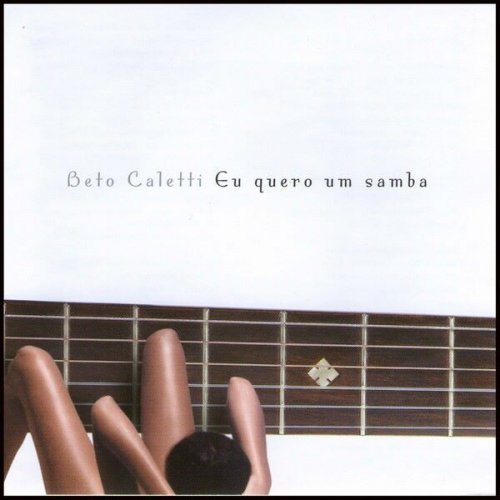
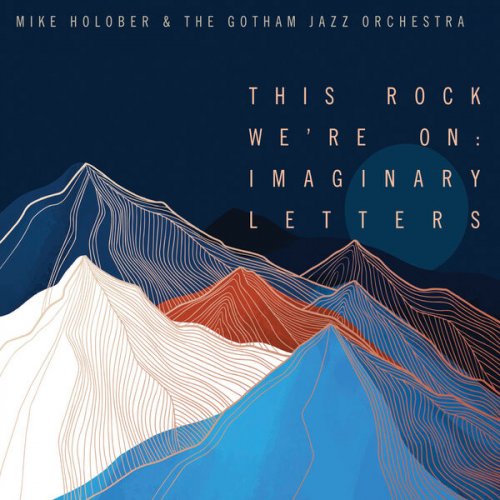
![Marius Acke & Rubba J feat. Enicé Mokamba - Deepwater Sessions No. 3 (2024) [Hi-Res] Marius Acke & Rubba J feat. Enicé Mokamba - Deepwater Sessions No. 3 (2024) [Hi-Res]](https://www.dibpic.com/uploads/posts/2024-06/1718444125_folder.jpg)

![The Means of Production - The Means of Production (2024) [Hi-Res] The Means of Production - The Means of Production (2024) [Hi-Res]](https://www.dibpic.com/uploads/posts/2024-06/1718304640_a3622144859_10.jpg)